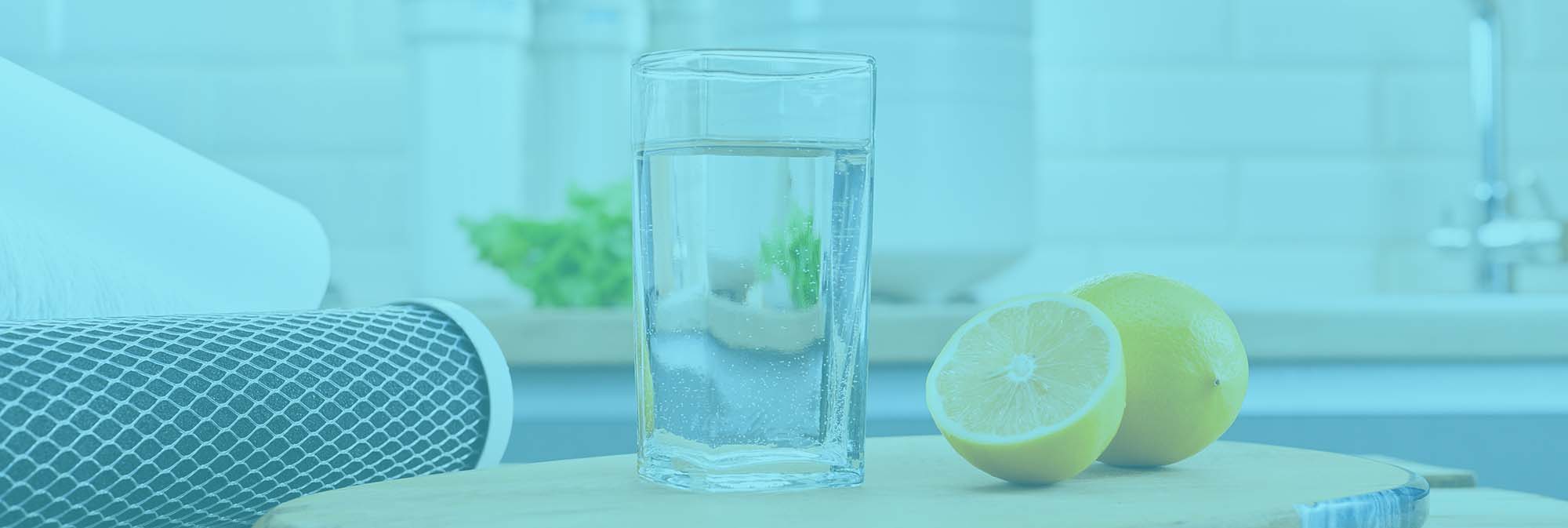
Sign up today to get exclusive discounts and content, only for VIP club members.

We're doing something a little different for the holidays. A lot of our customers have told us that they're worried about making a purchase before our biggest sale of the year...Black Friday. They're afraid that the price might drop a few weeks later.
To help cut down on holiday stress, we've launched our Black Friday Early Access Sale, and backed it with our Black Friday Price Guarantee. Starting with our Black Friday Early Access Sale on 11/1/23, when we put an item on sale before 12/1/23, you'll be getting it at the season's lowest price -- guaranteed. If the price drops on an eligible item, we'll refund you the difference!
Terms and Conditions
In order to receive the refund, simply contact us by phone, email or live chat and provide us with your original order number. And we'll take care of it from there! In order to be eligible, you must contact us before 11:59 pm PST on 12/1/23.
Start your holiday shopping today to make sure you get what you want for the holiday season! All Black Friday sale items have limited quantities and may sell out before Black Friday.

We're doing something a little different for the holidays. A lot of our customers have told us that they're worried about making a purchase before our biggest sale of the year...Black Friday. They're afraid that the price might drop a few weeks later.
To help cut down on holiday stress, we've launched our Black Friday Early Access Sale, and backed it with our Black Friday Price Guarantee. Starting with our Black Friday Early Access Sale on 11/1/23, when we put an item on sale before 12/1/23, you'll be getting it at the season's lowest price -- guaranteed. If the price drops on an eligible item, we'll refund you the difference!
Terms and Conditions
In order to receive the refund, simply contact us by phone, email or live chat and provide us with your original order number. And we'll take care of it from there! In order to be eligible, you must contact us before 11:59 pm PST on 12/1/23.
Start your holiday shopping today to make sure you get what you want for the holiday season! All Black Friday sale items have limited quantities and may sell out before Black Friday.
We're doing something a little different for the holidays. A lot of our customers have told us that they're worried about making a purchase before our biggest sale of the year...Black Friday. They're afraid that the price might drop a few weeks later.
To help cut down on holiday stress, we've launched our Black Friday Early Access Sale, and backed it with our Black Friday Price Guarantee. Starting with our Black Friday Early Access Sale on 11/1/23, when we put an item on sale before 12/1/23, you'll be getting it at the season's lowest price -- guaranteed. If the price drops on an eligible item, we'll refund you the difference!
Terms and Conditions
In order to receive the refund, simply contact us by phone, email or live chat and provide us with your original order number. And we'll take care of it from there! In order to be eligible, you must contact us before 11:59 pm PST on 12/1/23.
Start your holiday shopping today to make sure you get what you want for the holiday season! All Black Friday sale items have limited quantities and may sell out before Black Friday.
Notify me when available
We will send you a notification as soon as this product is available again.
We don't share your email with anybody



